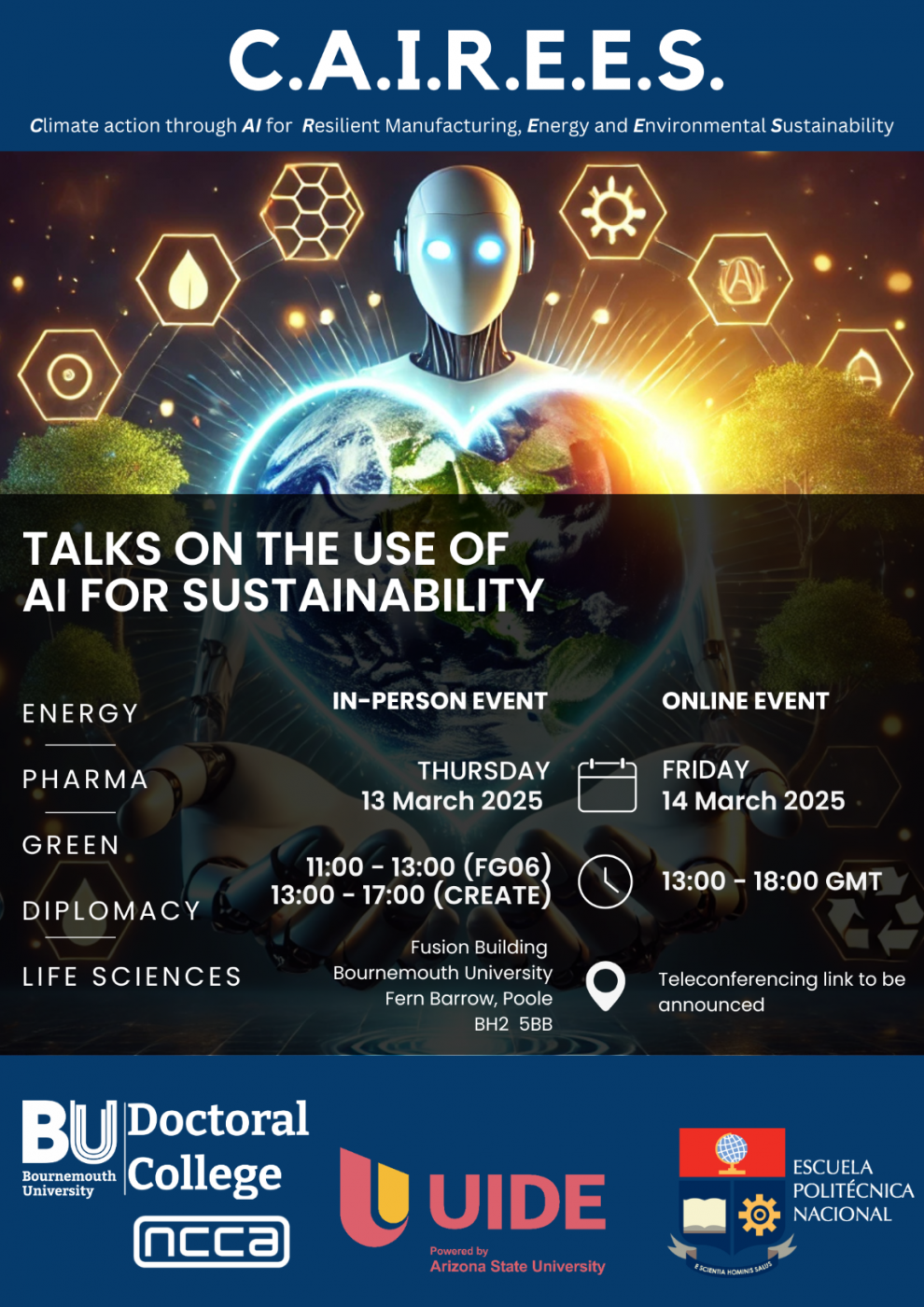
C.A.I.R.E.E.S. Conference – Climate action through AI for Resilient Manufacturing, Energy and Environmental Sustainability
Harnessing AI for a Sustainable Future: Insights from Global Experts
BU is hosting the C.A.I.R.E.E.S. Conference – Climate action through AI (Artificial Intelligence) for Resilient Manufacturing, Energy and Environmental Sustainability – on Thursday 13 and Friday 14 March, in-person and online.
Through this conference, you’ll hear from global experts about how to harness AI for a sustainable future. It will explore how AI can support climate action in manufacturing, energy, and environmental sustainability.
This event, supported by the Doctoral College Research Culture and Community Grant, will bring together experts from academia, industry, and policy to discuss AI’s role in key areas, including energy, pharmaceuticals, green technologies, diplomacy, and life sciences.
The conference is open to all, whether you’re an AI researcher, industry professional, student, policymaker, or simply someone curious about how AI is tackling climate challenges.
Where and when
You can attend the conference in-person on Thursday 13 March, from 11am to 5pm in FG06 (Fusion Building). You can also participate online on Friday 14 March, from 1pm to 6pm.
During the event, attendees will have the chance to take part in a hands-on workshop, featuring a deep learning model applied to a real-world wildlife dataset. This is a great opportunity to explore AI applications in conservation and sustainability.
To book your place for either day, please complete this online form.
Keynote speakers and industry experts
The conference features speakers from the UK, US, Mexico, Ecuador, and beyond, reflecting the global nature of AI-driven sustainability efforts:
- HM Ambassador Chris Campbell: UK Ambassador to Ecuador
- Professor Scott Wright: Deputy Dean, Bournemouth University
- Professor Xiaosong Yang: Deputy Head of NCCA, Bournemouth University
- Dr Szilvia Rusev: Chair of Bournemouth University’s AI Network
- Professor Federico Galvanin: – Professor of Chemical Engineering, University College London
- Professor Clarissa Busch: Professor of Philosophy of AI, Illinois Institute of Technology, USA
- Marco Quaglio: Industry expert in the pharmaceutical sector (PolyModels Hub Ltd)
- Brian Cresswell: Specialist in AI-powered wildlife tracking (Lotek UK Ltd)
- Additional speakers from universities in Mexico and Ecuador (to be announced)
If you have any questions, please contact Kavisha Jayathunge: kjayathunge@bournemouth.ac.uk or Maria Alexandra Sandoval msandoval2@bournemouth.ac.uk.
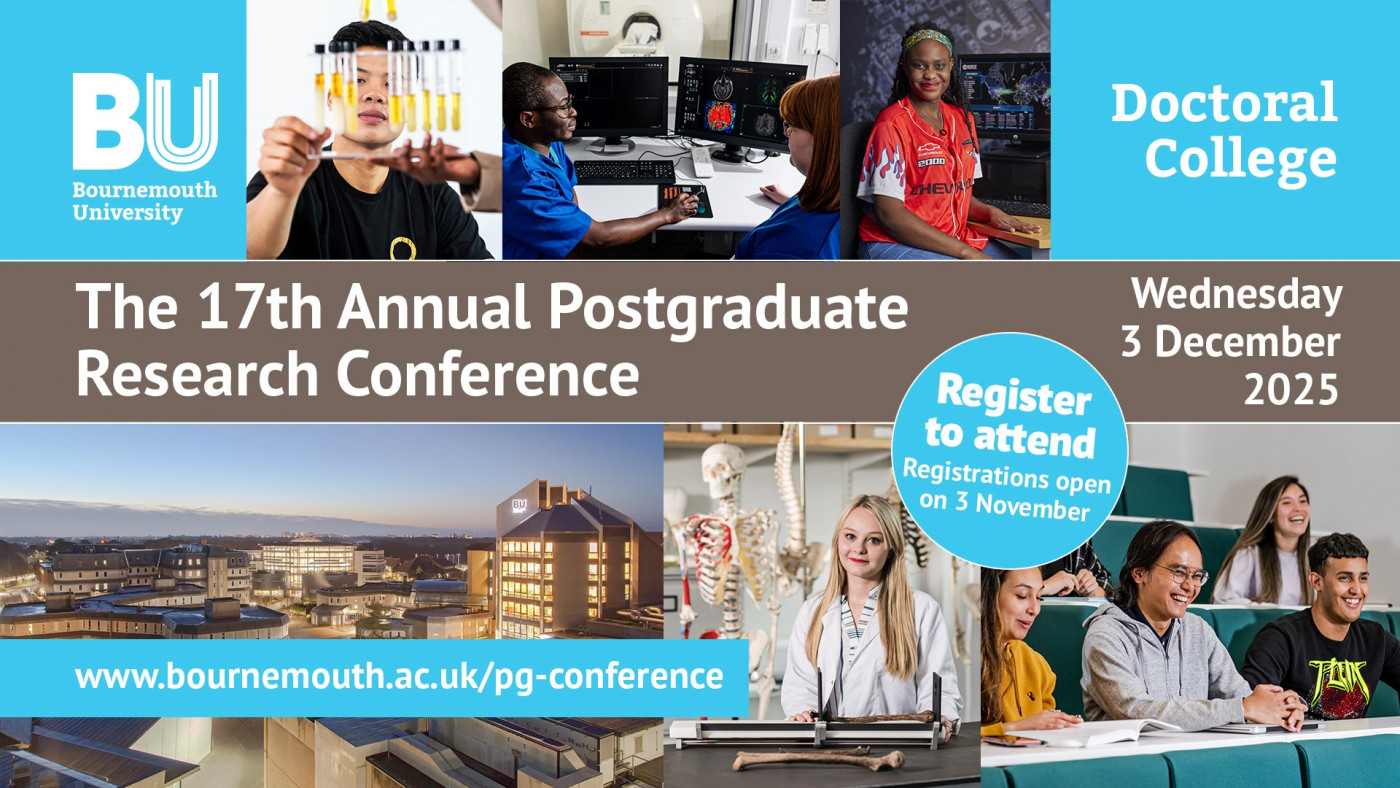 Register now to attend the 17th Annual Postgraduate Research Conference, hosted by the Doctoral College.
Register now to attend the 17th Annual Postgraduate Research Conference, hosted by the Doctoral College.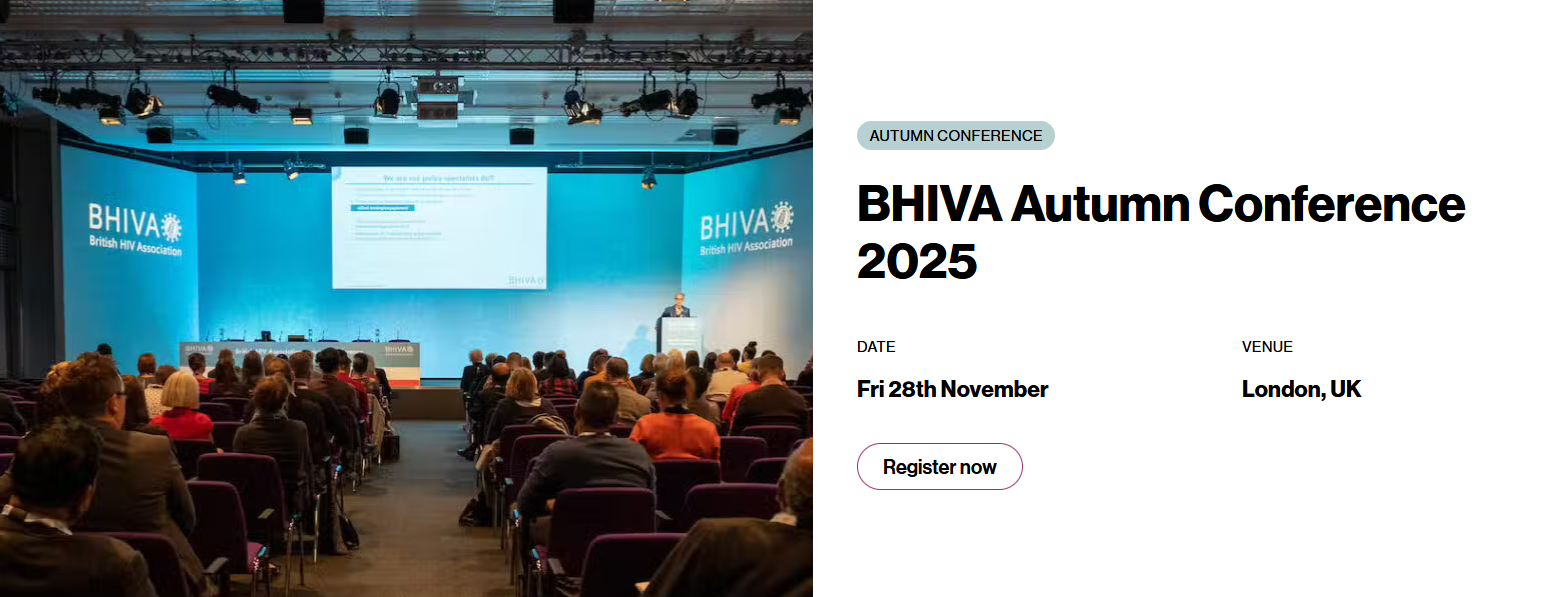


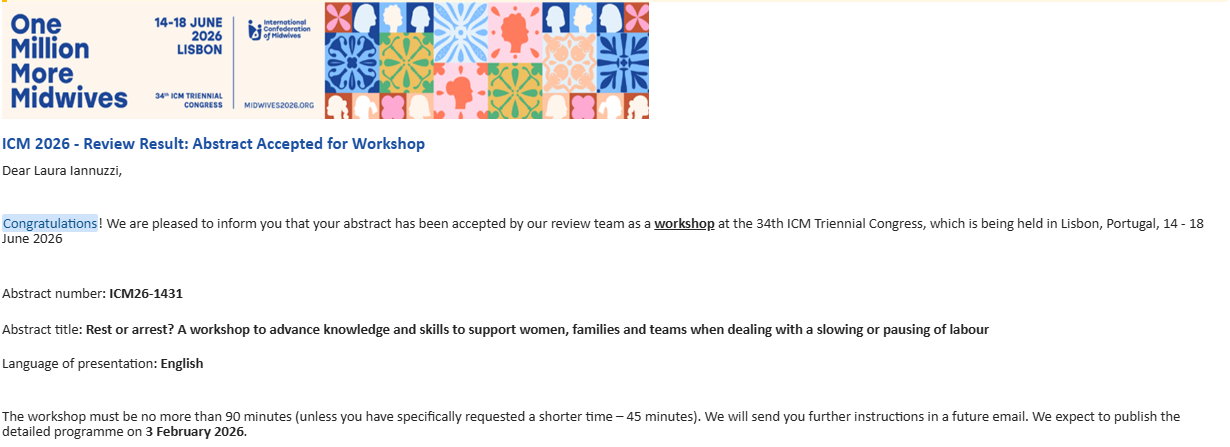
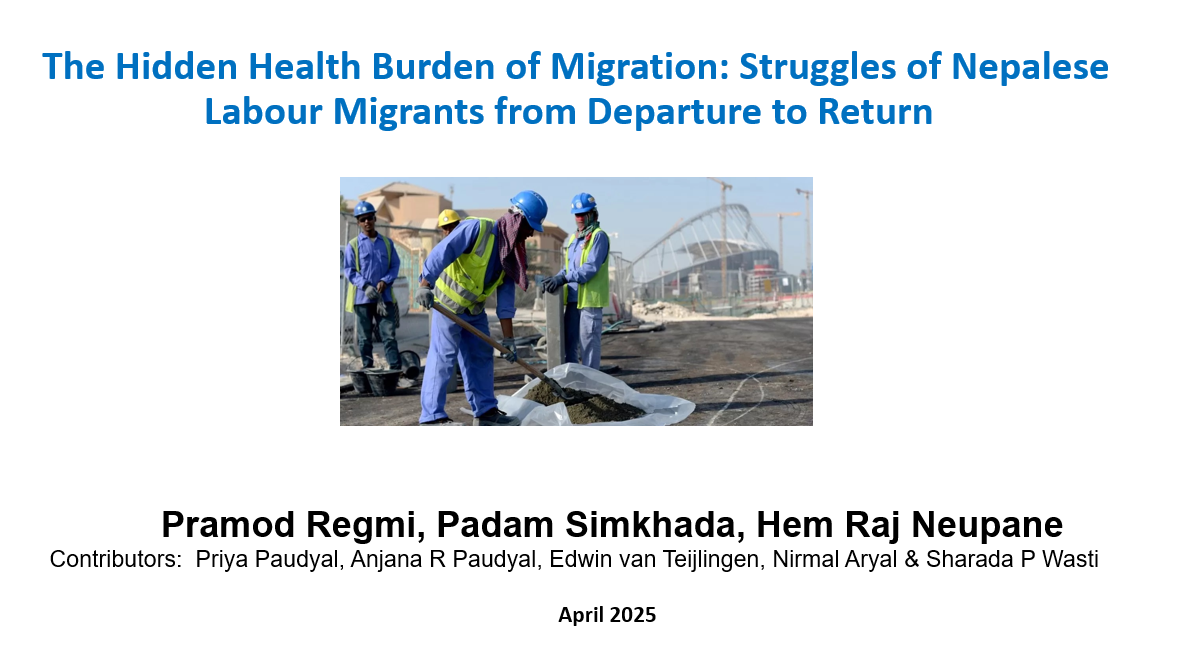


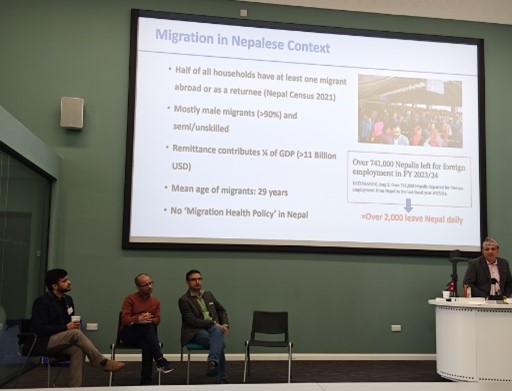


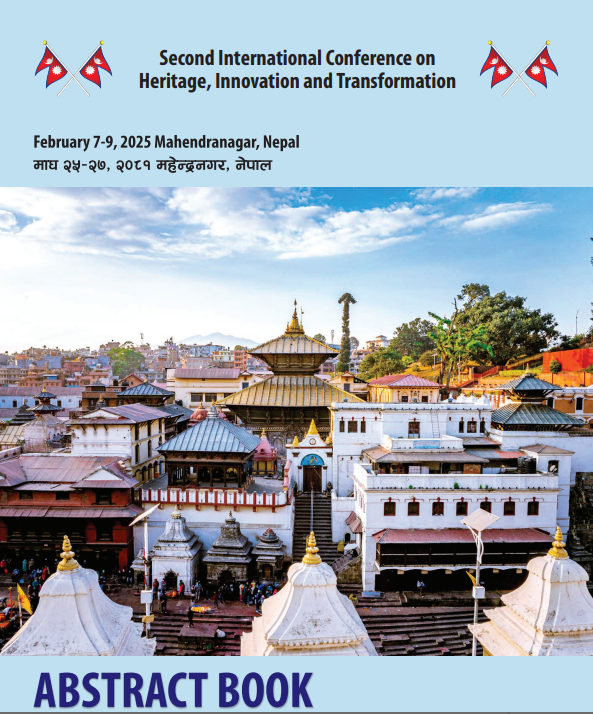
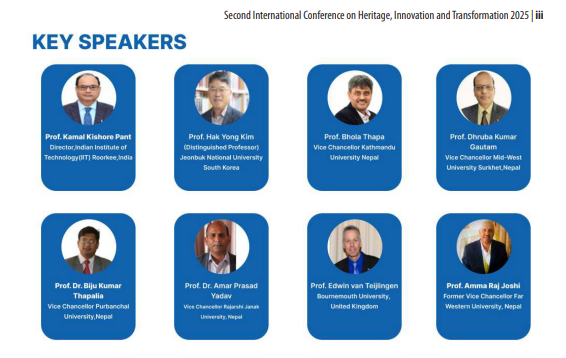
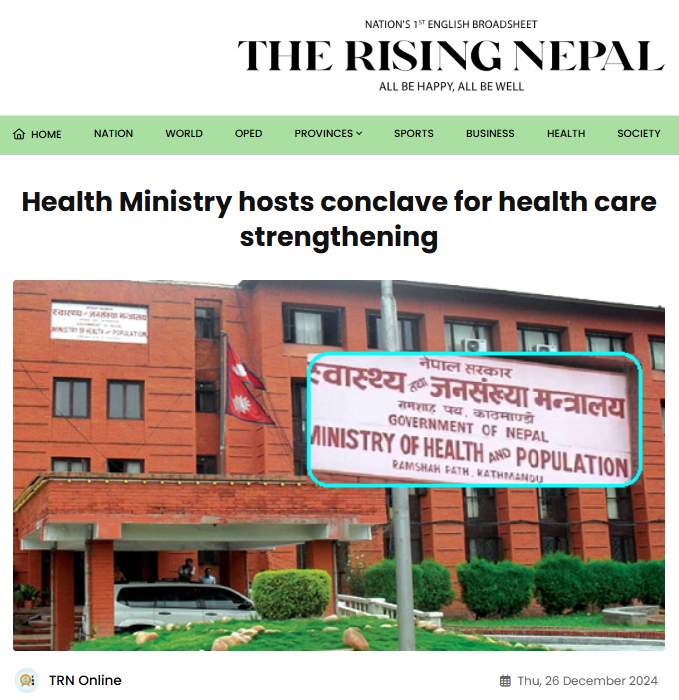
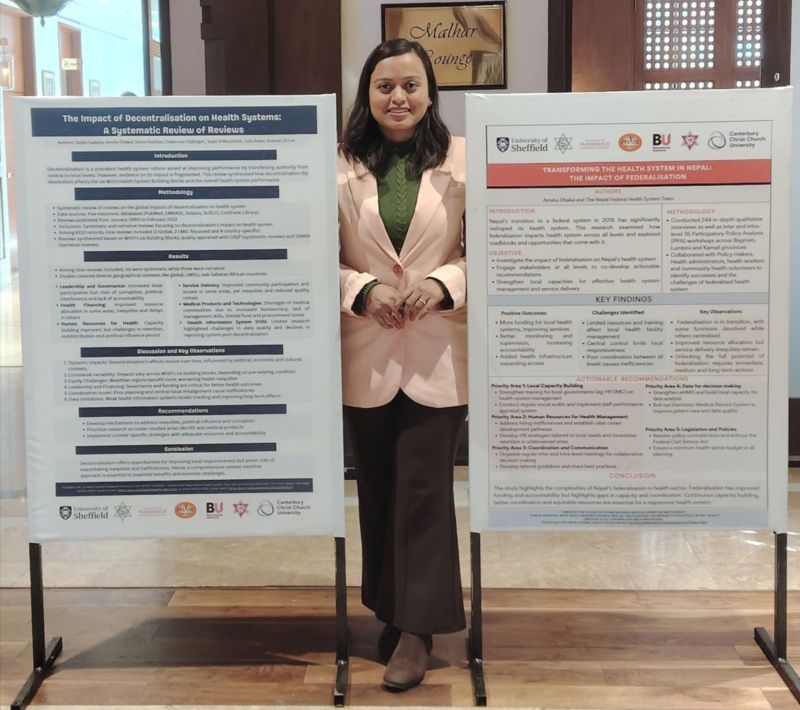
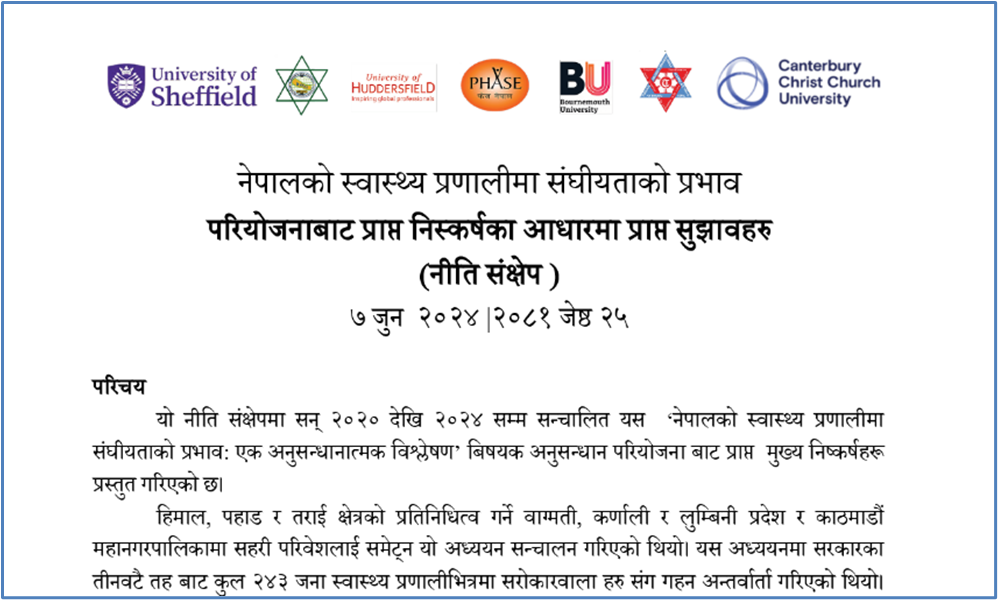
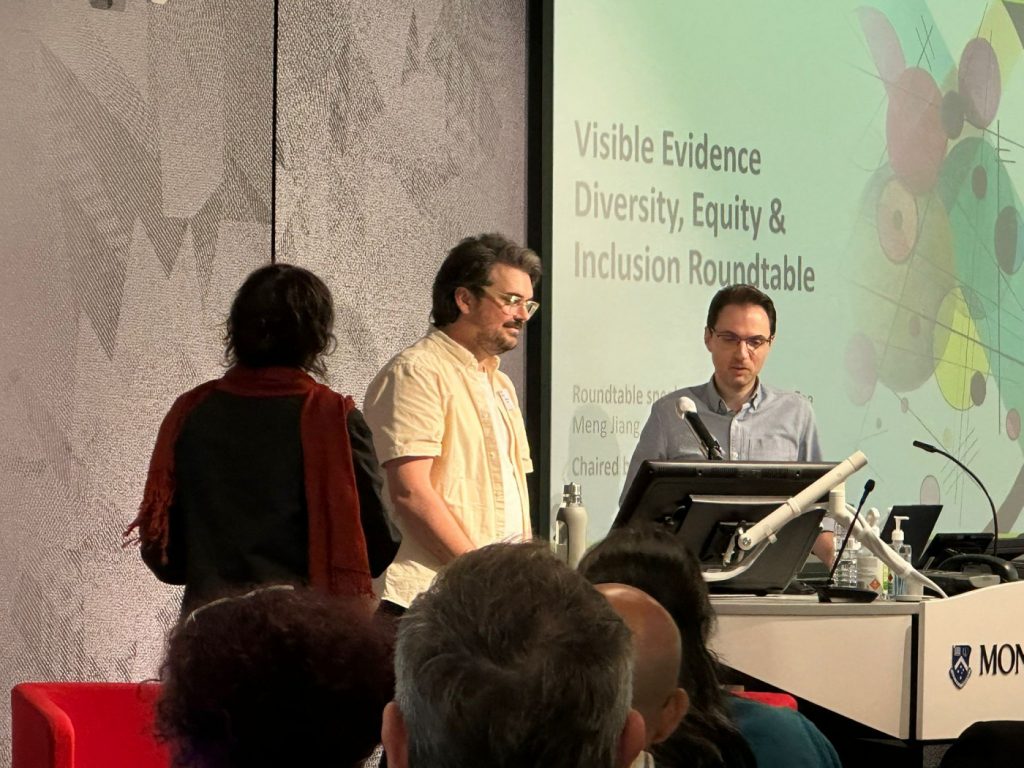
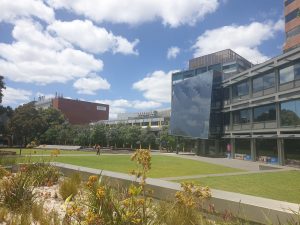
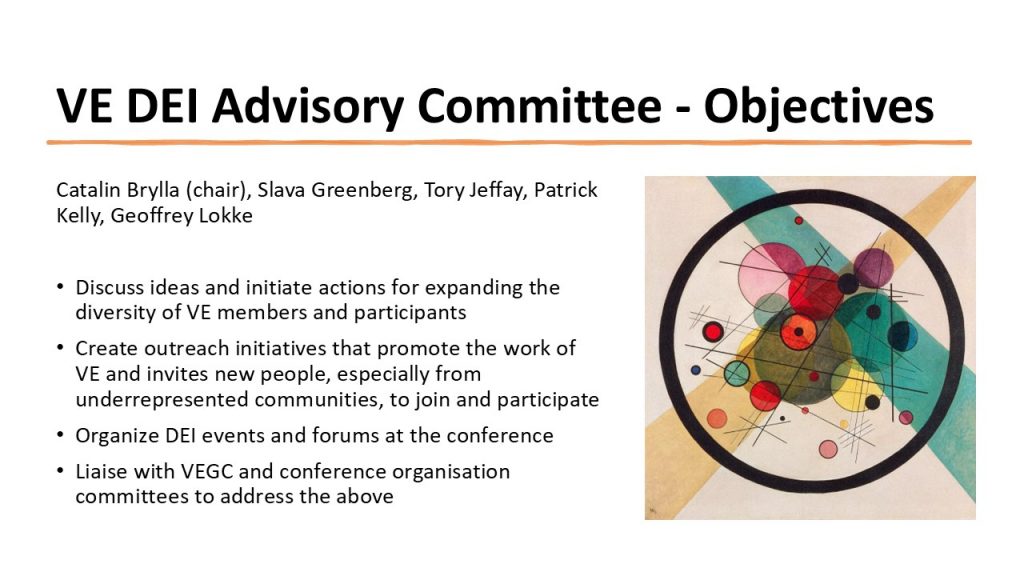
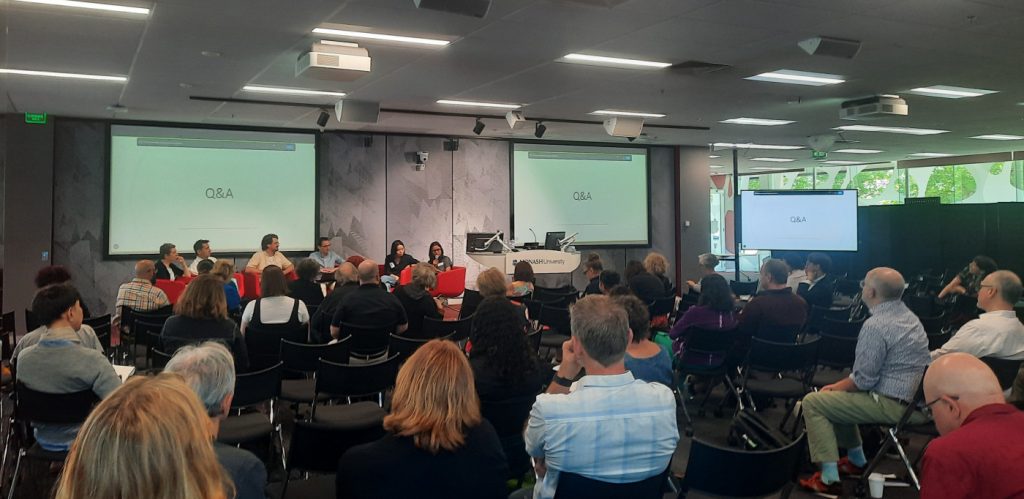
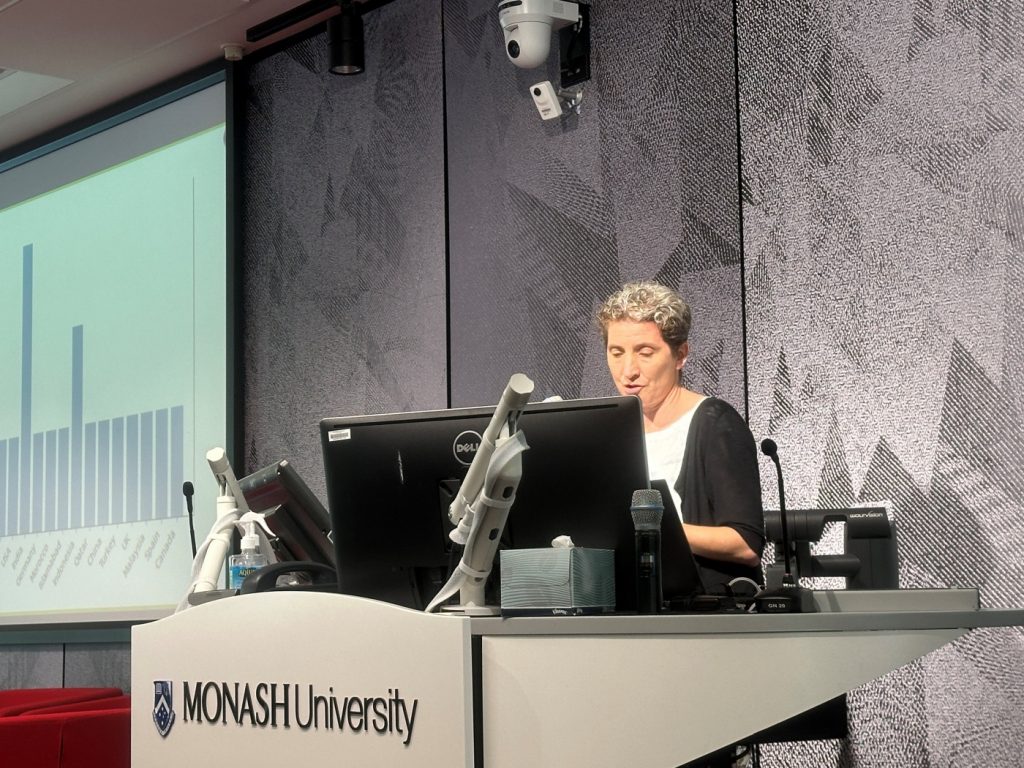

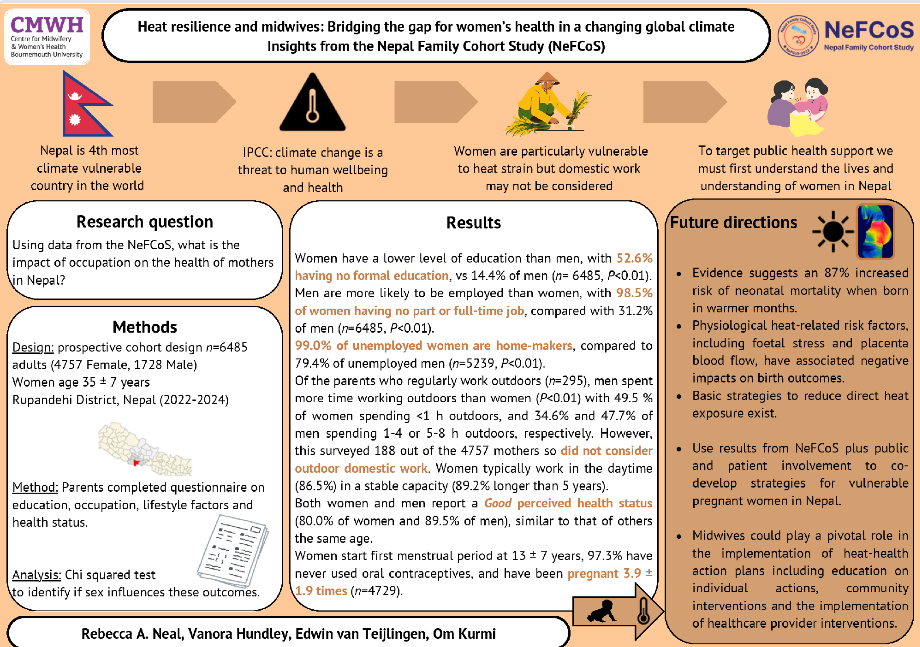

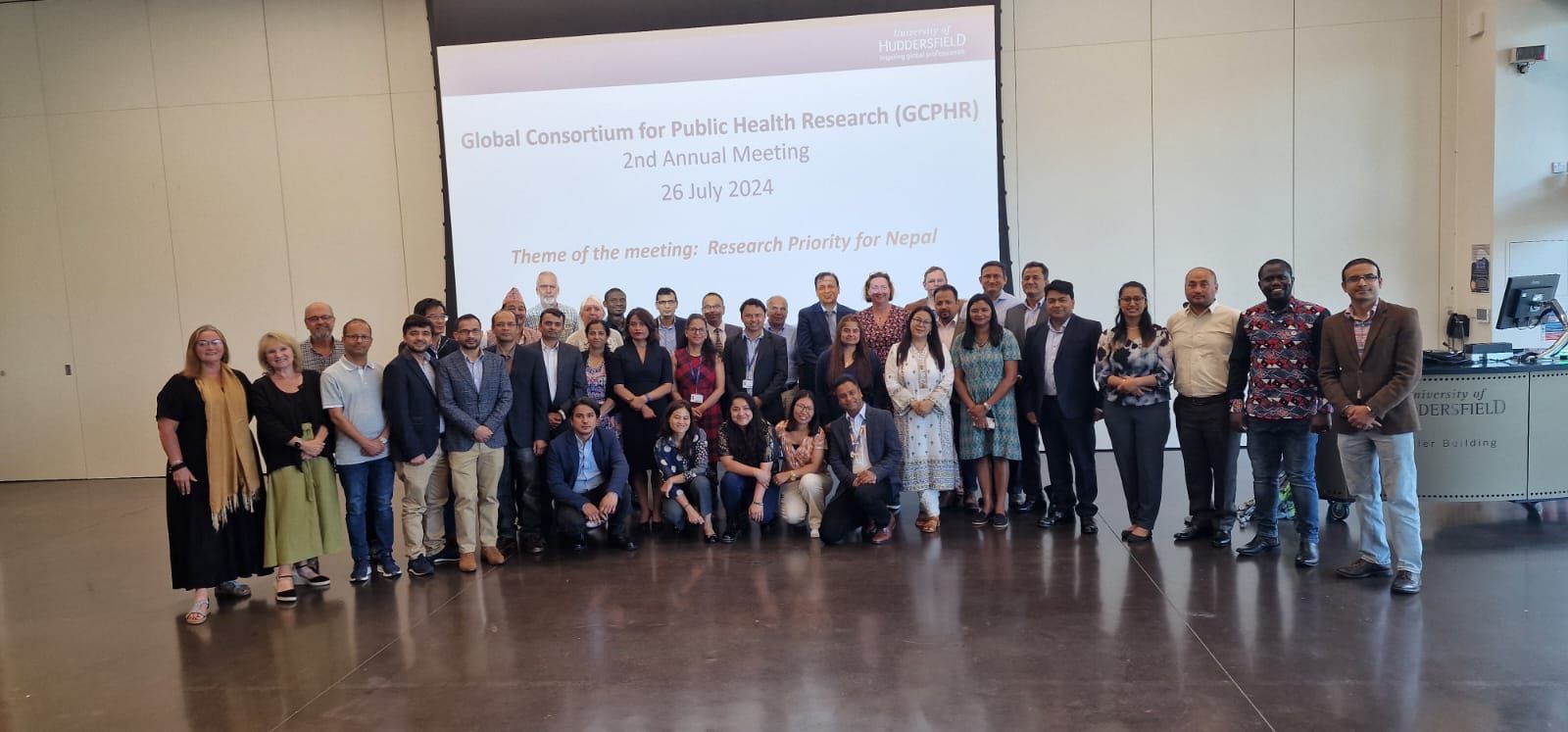
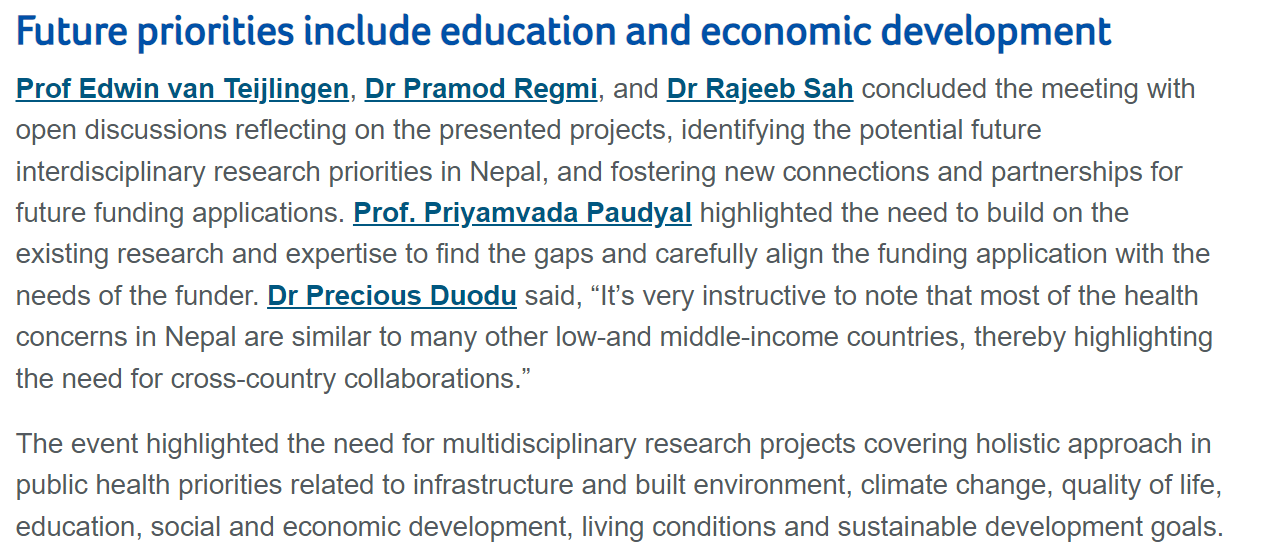
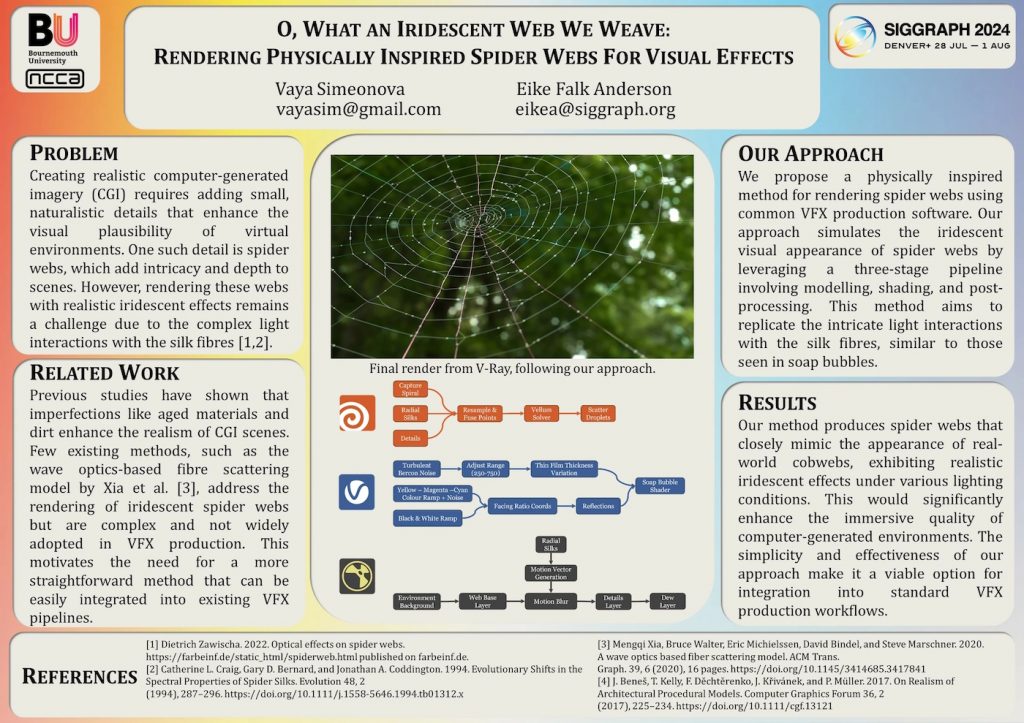
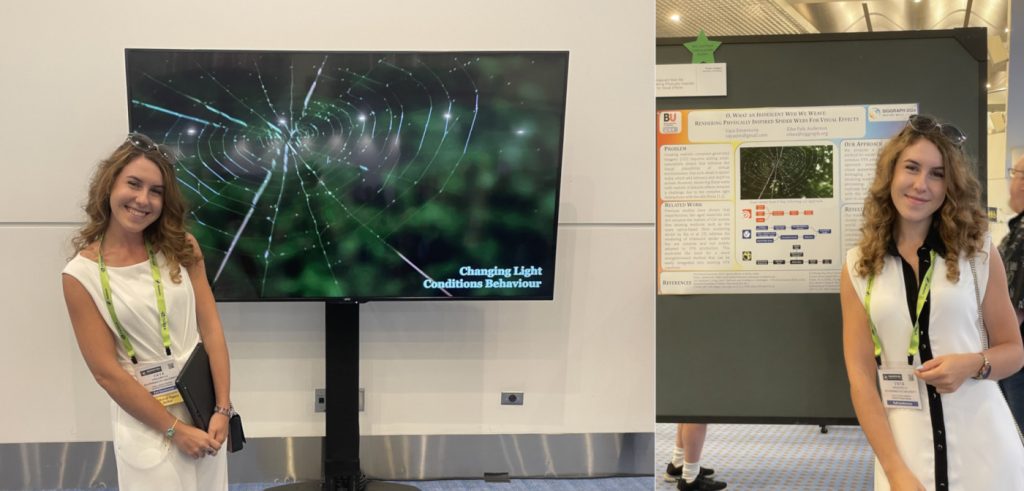
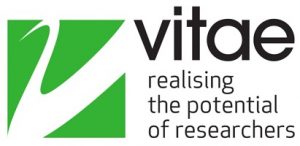 The conference takes place online from 3rd-5th September and in-person in Birmingham on 23rd and 24th September.
The conference takes place online from 3rd-5th September and in-person in Birmingham on 23rd and 24th September.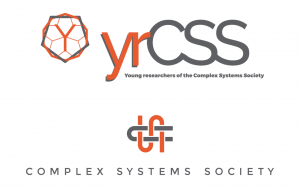

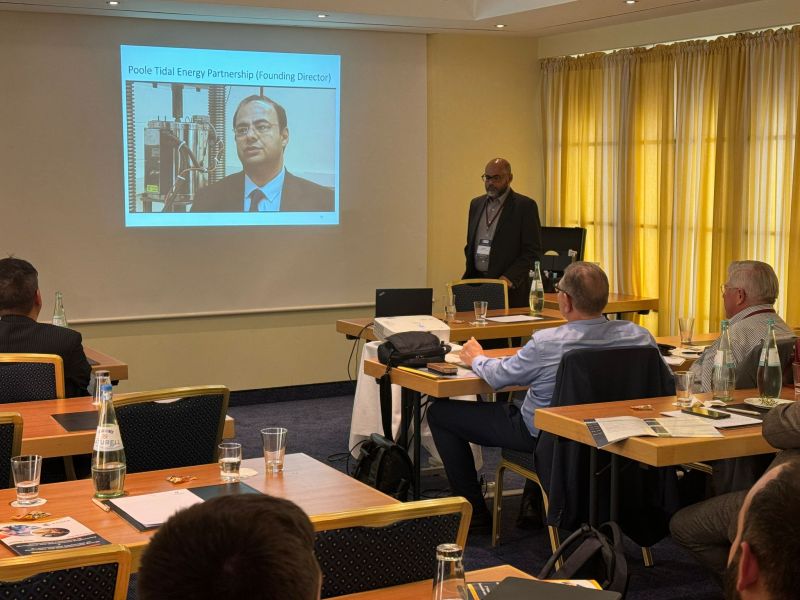















 SPROUT: From Sustainable Research to Sustainable Research Lives
SPROUT: From Sustainable Research to Sustainable Research Lives BRIAN upgrade and new look
BRIAN upgrade and new look Seeing the fruits of your labour in Bangladesh
Seeing the fruits of your labour in Bangladesh Exploring Embodied Research: Body Map Storytelling Workshop & Research Seminar
Exploring Embodied Research: Body Map Storytelling Workshop & Research Seminar Marking a Milestone: The Swash Channel Wreck Book Launch
Marking a Milestone: The Swash Channel Wreck Book Launch ECR Funding Open Call: Research Culture & Community Grant – Application Deadline Friday 12 December
ECR Funding Open Call: Research Culture & Community Grant – Application Deadline Friday 12 December MSCA Postdoctoral Fellowships 2025 Call
MSCA Postdoctoral Fellowships 2025 Call ERC Advanced Grant 2025 Webinar
ERC Advanced Grant 2025 Webinar Update on UKRO services
Update on UKRO services European research project exploring use of ‘virtual twins’ to better manage metabolic associated fatty liver disease
European research project exploring use of ‘virtual twins’ to better manage metabolic associated fatty liver disease